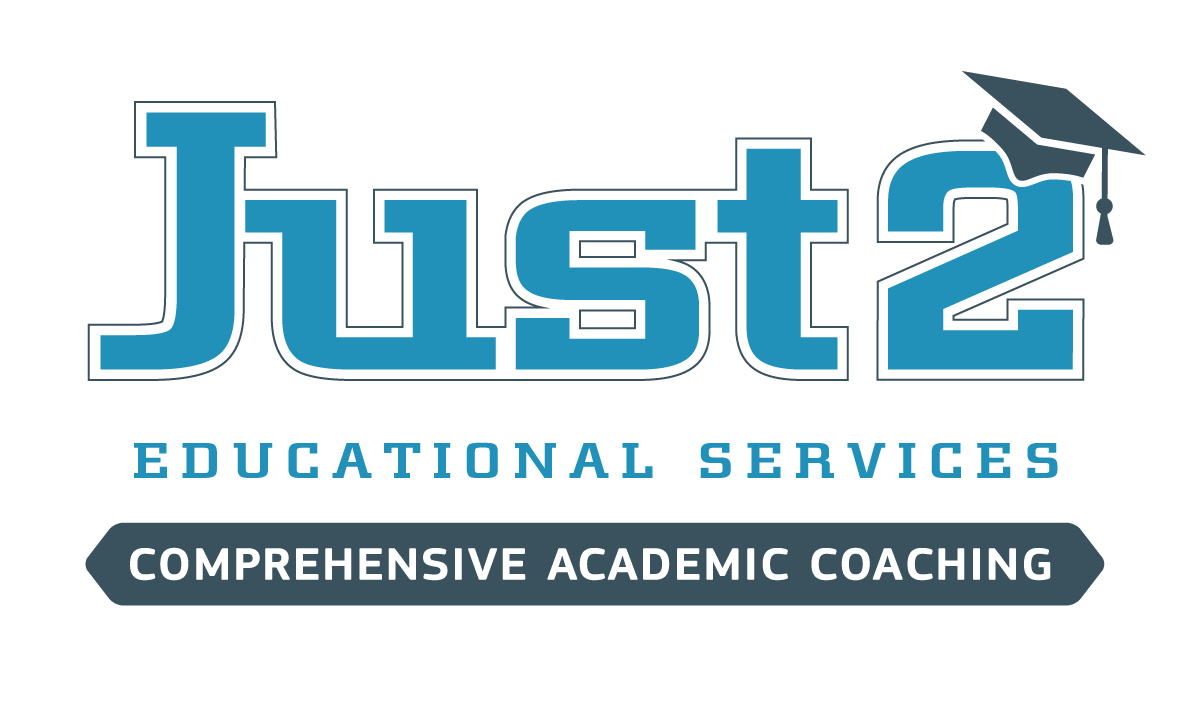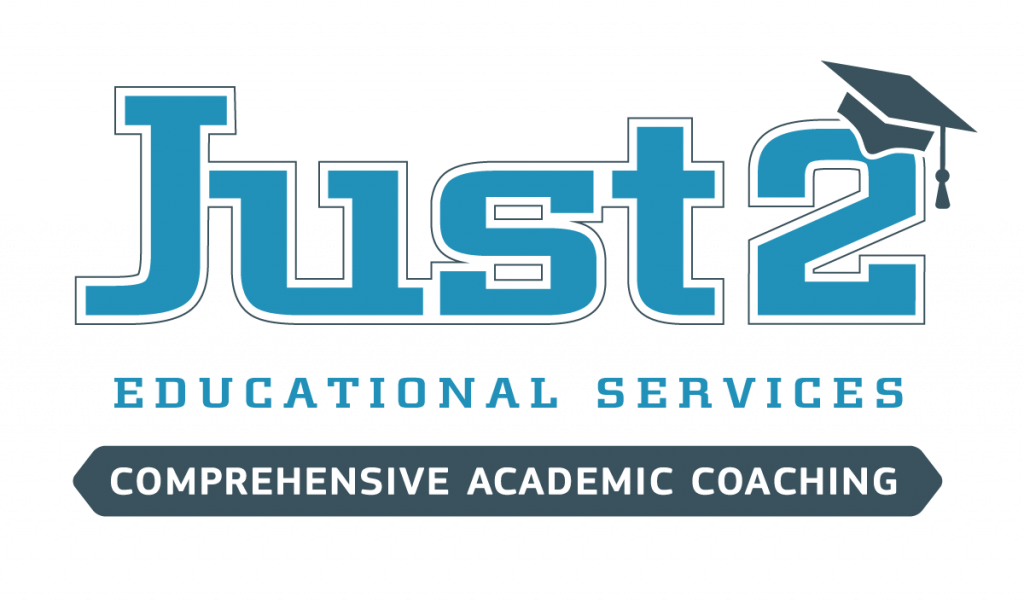You can expect that Just2 Tutoring will have more to share on the topics of time management, organization & study skills. So, let’s begin with organization.

Although measurable both qualitatively and quantitatively, I find individual ideas of organization a bit like the way people use the words “clean” or “tidy.” There appears a long tunnel of continuum in what various people define as “clean.” When asked, most would respond, “Yes, my place is clean or my car is clean.” For some people clean & tidy is unattainable, theses are the people who might dust after the cleaning person has gone, if they have a cleaning person. In contrast, I recall, not so long ago, that tidy, for me, was everything pushed against the walls or thrown into one room. We are all making gains.
Organization is much the same.

I thought it was clean.
Many students will evaluate themselves as organized based on a feeling. But, like the feeling you get when you’ve invited guests to your clean kitchen for dinner and find a pile of dirty dishes in the sink, many students are living with unkempt backpacks, binders, lockers and kitchen tables piled high with paper and books, much of which, long thought to be lost.
Organization of materials often seems an easy task at the beginning of the semester. In fact, many teachers require an elaborate system of accordion folders or binders. Students receive their first points of the semester for their compliance with the organizational systems of the class. Many of these teachers are thorough in integrating these organizational systems into daily classroom culture but others are not. As the year proceeds, many teachers become less attentive about the use of their prescribed organizational systems and student organization abates equitably.
Levels of overwhelm and stress can often be measured by a student’s overall sense or evidence of organization. We, at J2, often ask students to take a moment to think about their week ahead. We ask them to identify anything unique to the week: deadlines, assessments, appointments, travel, games, birthdays or holidays. We offer a moment for students to clear their binders and packs of any excess weight and file it at home. Students frequently remove wrinkled pages, lost keys and, sometimes, old lunches. It is a feeling of lightness to be organized. When students arrive to school on the next day with a lightened load and a sense of organization. They become motivated to create systems that allow for the feeling of, I am so Organized!, to be possible more often than not.
But, that is just organization of books, papers, pencils & pens.

Organization of time is equally important and the reason many people don’t organize their time is: that it takes time to organize your time. Students often feel that they are wasting time by managing their time. However, J2 students discover that time management, ultimately, saves time and reduces stress. Students often choose to explore various day runners, desk blotters, notepads and planners. In most cases, students eventually discover the usefulness and versatility of their smartphone or device. This is just one example of a proper use of technology for students. You know, the reason you bought them the phone in the first place. The simple activation of a share setting allows for students to publish their study plan to their parents, teachers and tutors. This creates immediate accountability with negotiable terms such as: Mom does neither have to nor get to ask, “When you are going to do your homework?” or I am only required to discuss assignments which are past due and lack a strike through.
Time Management is demonstrated by J2 students who interact with their online calendars, set reminders and effectively move or reschedule blocks of study at their discretion. Time Management is demonstrated by those who show up on time. At each meeting, school attendance is reviewed, J2 students arrive promptly to their sessions, check in calls and progress meetings. Students who manage their time well sleep and eat consistently and report that they have have some time to hang out with friends. -Mike Manning

Successful Study Skills is a hot topic for J2. We find that effective study skills rely heavily upon a student’s ability to self regulate and maintain organization of materials and time. Just2 Tutoring students use a simple study plan. It is a an approach to study that works for any subject and at any level.
Effective study skill requires more than materials; it requires intention, a time and a place. We refer to this as ritualized study and frequently assist students in establishing and revising their study routine. When J2 students follow a simple study plan coupled with strategies for dousing common distractions, they engage in the preparation for study, organization of materials and content engagement. They have familiar tools and resources at their fingertips, they are productive and communicate frequently with their teachers and parents about their strategies for successful course performance.






